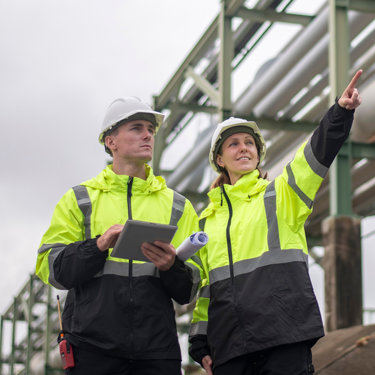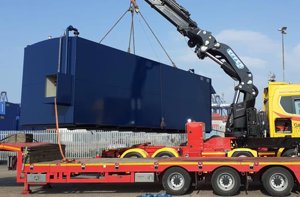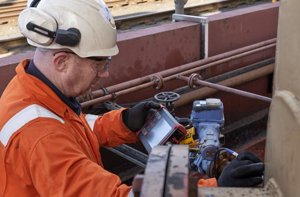
Non-destructive testing
Ready to discuss your project?
Please leave your details and a member of our team will reach out to discuss your requirements in more detail and arrange next steps.
Our market-leading non-destructive testing (NDT) and analysis to EEMUA 159 and API 570 and 653 standards is used for storage tank, pipeline and well inspection, in bulk storage, refinery, fuel/petrochemicals, chemical and utility sectors.
Quickly identifying degradation, corrosion, weakness, cracking and welding defects, before damage occurs, we give full recommendations for resolution.
Want to speak to an expert?
Simply leave your details and a member of our team will be in touch to discuss your requirements in more detail and arrange next steps.
Features and outputs
- Our Non-destructive testing service is a cost-effective way of reducing downtime and extending the life of assets.
- Reduce environmental contamination which could result in large clean-up costs and heavy fines.
- Minimise operational downtime.
- Avoid unexpected repair costs.
Added value
Accuracy
Innovation
Technology
Expertise
Qualifications
NDT analysis methods evaluate the quality of materials, fabrication, and integrity of tanks, pipelines, and welds, without destroying their serviceability.
We employ various techniques including:
- Advanced and traditional Non-Destructive Testing methods
- Tank floor scanning utilising Floormap 3Di/R MFL technology for detection of topside and underside corrosion.
- UAV drone inspections for roof structure and close up visual inspections at height.
- Ultrasonic shell inspection crawlers utilising Scorpion 2 and RMS crawlers.
- Corrosion and minimum thickness evaluation
- Magnetic particle, dye penetrant and eddy current weld inspection.
- Foundation settlement assessments to detect various forms of tank movement, planar tilt etc.
- Estimated remaining life.
- Full rope access capability.
UAV (Unmanned Aerial Vehicles) drone inspections are used for close-up visual inspections including roof supports and other visual inspections at height and deliver precise views of confined spaces and hard-to-reach or remotely accessed areas.
You might also be interested in...
Environmental compliance today, creating a sustainable tomorrow
Helping you reduce risk to the environment and your operation by managing assets compliantly while achieving commercial, ESG, and net-zero goals.
Contact our experts


